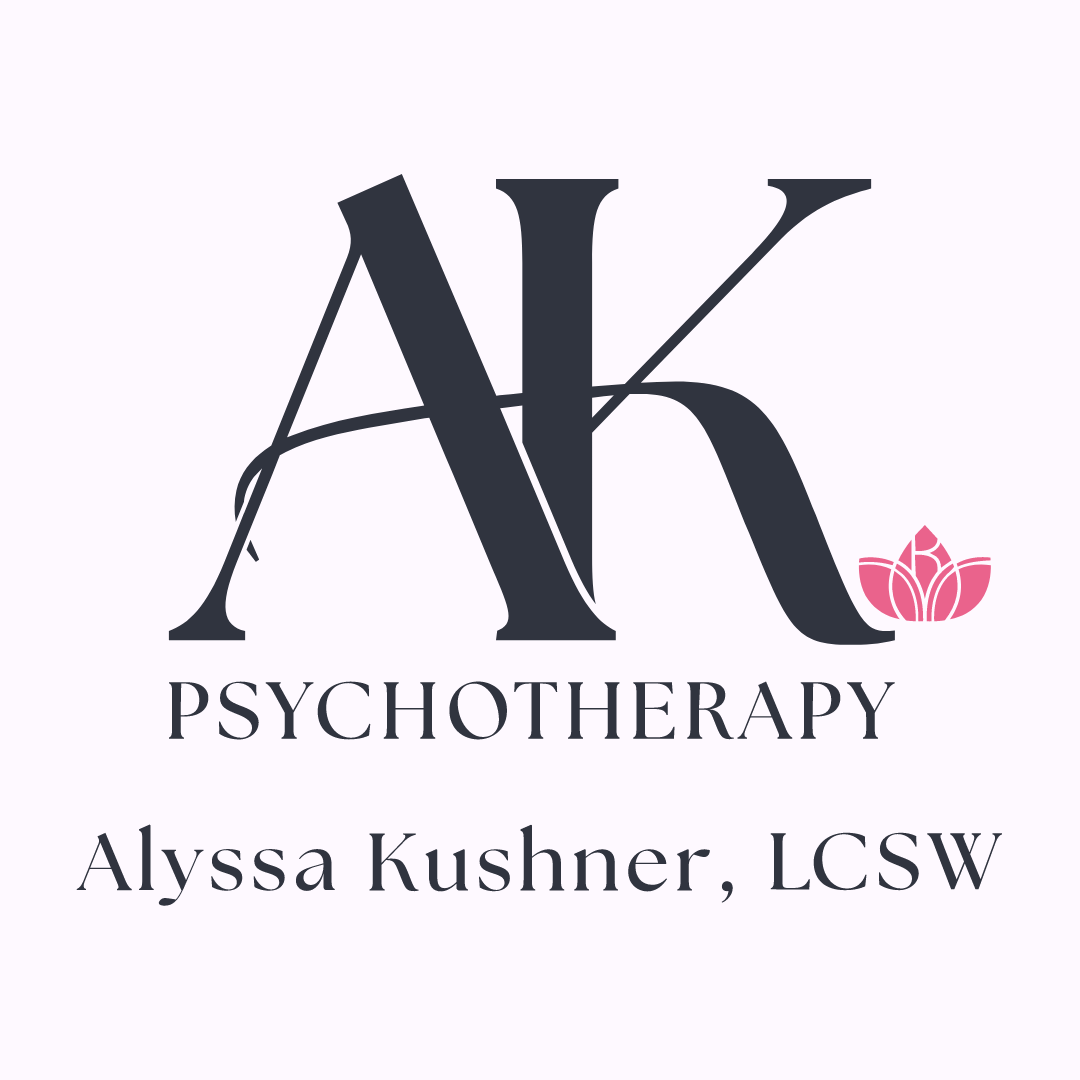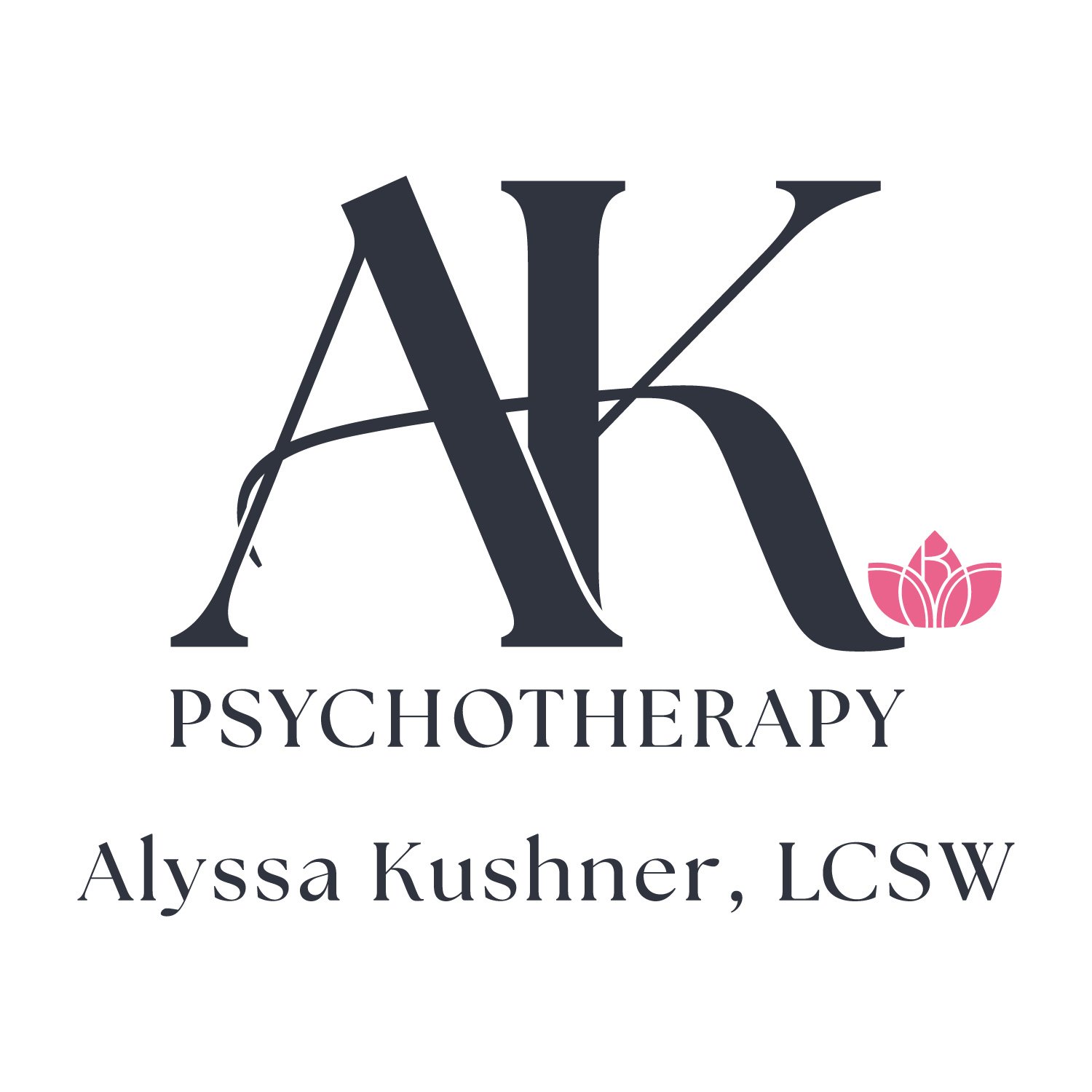Differences Of PTSD And C-PTSD, A Breakdown Of Trauma
What is PTSD? What is C-PTSD? What are symptoms of each?
*Trigger warning, this discusses what trauma is, symptoms of it, and some things that can cause it. If you anticipate it bringing up some feelings, have a plan for yourself immediately after - journal, call someone, use a coping skill.*
PTSD stands for post-traumatic stress disorder, while the C in front of it stands for “complex.” Trauma, is the lasting response to a distressing event that impacts you psychologically, emotionally, and physically. It is not about the event that took place, but your nervous systems response to it. Many times after something is traumatic, it impacts your ability to cope with stressors and emotions and can shift the way you think, feel, and behave.
PTSD and C-PTSD are very similar and have many of the same markers, however the difference is that PTSD comes from a single traumatic incident, whereas complex PTSD comes from multiple traumas, repeated over time, or one that you are chronically exposed to. Often someone who lives in a traumatic environment can develop C-PTSD.
PTSD can come from being directly exposed to the trauma, witnessing it, hearing a close loved one directly witnessing it, or hearing close details about it frequently (like a health professional or family member of someone traumatized).
PTSD Symptoms:
Re-experiencing symptoms such as flashbacks, nightmares, unwanted memories, physical and emotional responses after being exposed to reminders
Attempt to avoid reminders, triggers, or thoughts/feelings about the trauma
Difficulty recalling traumatic event details
Negative thoughts and beliefs about self and the world around you
Loss of interest in activities once liked
Negative or challenges with mood, symptoms that mimic depression
Increased arousal such as hypervigilance (on high alert of danger, scanning environment for something bad to happen, or increased startle response)
Irritability or aggression
Difficulty concentrating
Dissociation (feeling out of body or numbing/detaching from reality)
Sleep issues
These have to persist for at least one month to receive the diagnosis. And here are some (there are more than listed below) traumas that can cause PTSD:
Serious accident
Instance of physical abuse
Sexual abuse or assault
Experiencing a loved one's death
Witnessing or experiencing violence
Losing a baby
Experiencing domestic violence
Serious health problems
Natural disaster
Witnessing or going through divorce
And so on. Now that you have an understanding of PTSD and some causes, I will explain more about C-PTSD. Complex trauma, again, is when you have experienced multiple or layers of trauma, over time, or been chronically living or spending time in an environment that has an ongoing trauma.
Here are some examples of what can cause C-PTSD:
Witnessing/experiencing domestic violence many times or living in a home with adults in a DV relationship
Living in a neighborhood with violence and crimes frequently
Experiencing frequent racial racism, homophobia, or discrimination growing up
Experiencing chronic gaslighting, manipulation, from having a relationship with someone emotionally abusive or narcissistic over time
Bullying in many forms when growing up
Living in a war zone
Physical or sexual abuse or assault that happens multiple times
Health and emergency professionals supporting trauma survivors or emergency situations
Living in an invalidating or emotionally neglectful environment - caregivers who can’t attend to emotional needs
Survivor of human trafficking
Parentification (parent/child roles reversed, child takes on adult like responsibilities at a younger age)
Witnessing parents fighting over time or living in an environment on eggshells like parents who have emotional outbursts or anger issues. Emotionally immature parents.
There are many more, but those are a few. With C-PTSD, you would meet the criteria of symptoms for PTSD, and have 3 additional challenges.
Difficulty regulating emotions. For example, maybe you experience big reactions to your feelings or struggle to manage and feel them.
Challenges with self-worth. If you have low self esteem, struggle to be kind to yourself, blame yourself for things, and have a poor self image.
Interpersonal challenges and ongoing relationship issues
Here are some other ways you may know you are struggling with C-PTSD:
Avoidance of relationships
Persistent negative feelings and beliefs about yourself
Self harm
Other high risk behaviors
Using substance to cope and numb
Difficulty trusting others
Always on high alert/hypervigilent, feeling on edge
Hopelessness and emptiness
Intrusive thoughts, flashbacks, nightmares
Trouble sleeping, insomnia
Irritability and trouble concentrating
Persistent shame and guilt
Difficulty managing emotions
Emotional outburst like anger, intense sadness, or crying spells
Having unhealthy or toxic relationships
Struggling with boundary setting and people pleasing
Believing the world is bad or unsafe
If you experience C-PTSD, you are often in a state of fight-flight-freeze-fawn. (More on what the fawn response is in my next blog). And it is key to start addressing this in therapy. Therapy can help you learn ways to heal those trauma responses and bring yourself back into the present moment, regulate your emotions, learn how to speak up and have boundaries, improve your relationships, and get back in touch with yourself.
If any of this resonates and you believe you may be experiencing C-PTSD, you are not alone. Although the diagnosis is not in the DSM, this is very common unfortunately and although it may be something you lived with for a while, there is hope with healing!
To learn about what healing C-PTSD may take, read my next blog.
If you are resonating with this blog and would like to set up a consultation to see if we are a good fit to work on C-PTSD (or other trauma), email alyssakushnerlcsw@gmail.com or schedule a free 15 min phone call.
Follow my instagram page for more learning, tools, and inspiration on healing from trauma.


